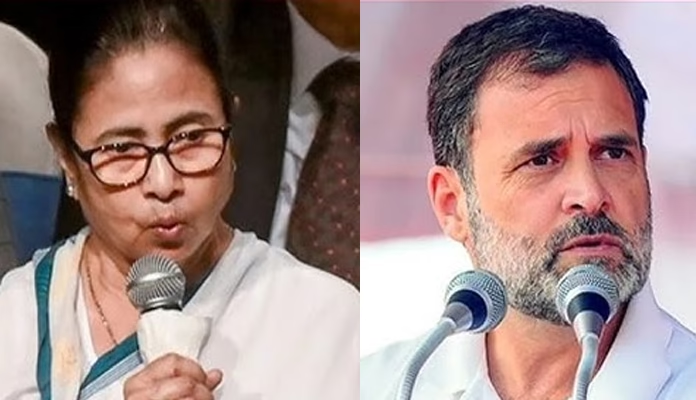
A recent study by the Ipsos Group reveals that Indians are more prone to believing and sharing fake news compared to counterparts in the US, UK, and France. The research involved 8,800 participants across these countries, assessing their ability to distinguish between real and fabricated news headlines presented in a social media format without source attribution.
The findings indicate that Indian participants often default to assuming news is true, especially when headlines evoke strong emotions. This emotional influence makes them more vulnerable to misinformation, particularly when content is designed to elicit positive or negative reactions. Despite this susceptibility, the study notes that Indians can accurately identify real news, suggesting a foundational ability to discern truth when presented clearly.
Vivek Gupta, Managing Director (Research) at Ipsos India, commented that emotionally charged headlines, whether positive or negative, tend to be less scrutinized by readers. For instance, a feel-good but false headline like “India ranked highest in press freedom index” may be readily believed and shared, while a negatively framed but unverified story such as “new government policy to ban all local street vendors” might also be accepted without question.
The study underscores the challenges posed by the digital landscape, where algorithms prioritize engagement, often amplifying sensational or divisive content. This environment, combined with a tendency to trust emotionally resonant headlines, contributes to the spread of misinformation in India.
The report highlights the need for enhanced media literacy and critical thinking skills among Indian audiences to better navigate the complex information ecosystem and mitigate the impact of fake news.




